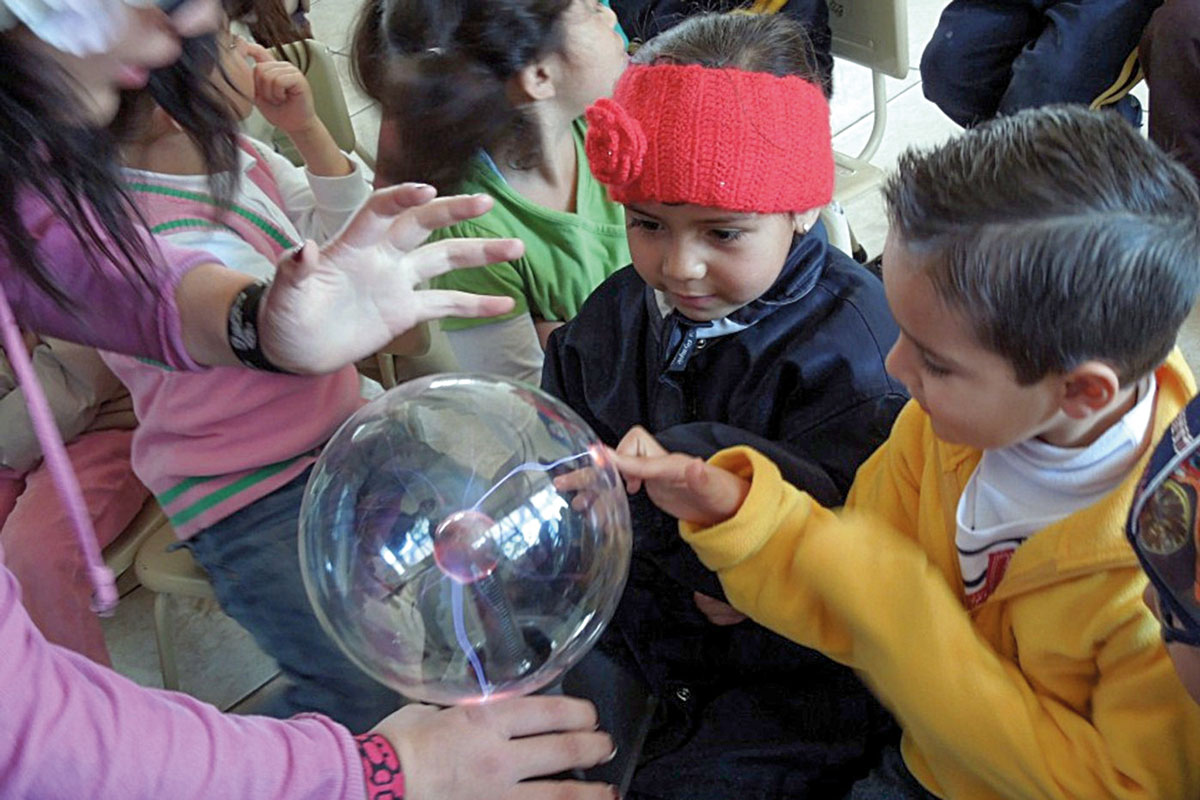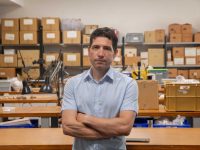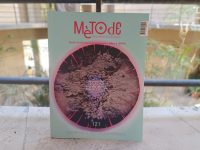Science anywhere and anyhow
A journey into the fascinating world of recreational science

Today’s society enjoys a welfare state that is largely a consequence of the scientific and technological advances of previous eras (especially the last century). Currently, (non-specialist) citizens interested in scientific topics have access to them in a variety of ways, from the classic formats of books and popular science magazines, television, and radio programmes, to internet platforms and social networks. And while being published is not synonymous with being worthwhile and reliable, the visibility that science can gain from these media is a welcome change. In addition to reporting on scientific and technological advances, an important part of the content offered by these media consists of recreational science activities, which provide an opportunity to acquire scientific knowledge in an entertaining way.
The articles in this monograph help us to learn about the origin, development, and validity of scientific recreation in the fields of physics, chemistry, and mathematics (the disciplines in which its repertoire is most abundant), as well as in the context of the natural sciences, which, despite having a smaller range of activities, provide a splendid framework for enjoyment and learning.
Recreational science does not have a canon specifying the objects and methods of action and study; therefore, in the contributions to this monograph, the authors will state what they understand by recreational science in each of their fields. What all the activities have in common is that they are rewarding for the participants, that they can be carried out with readily available materials, and that they are a good introduction to the fascinating world of science.
In reading this monograph, we will learn about different ways and scenarios in which science recreations can be put into practice, either in a popular, academic, or educational setting. The satisfaction of doing an experiment yourself is difficult to describe, but it leaves an indelible mark that can be used to stimulate interest in science or to encourage scientific careers.





